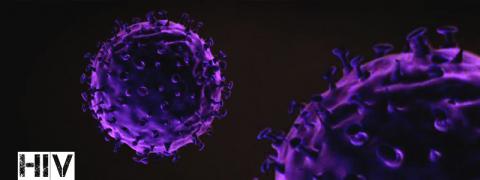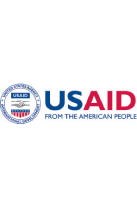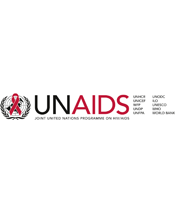
HIV is the human immunodeficiency virus. It is the virus that can lead to acquired immune deficiency syndrome, or AIDS.
Within a few weeks of being infected with HIV, some people develop flu-like symptoms that last for a week or two, but others have no symptoms at all. People living with HIV may appear and feel healthy for several years. However, even if they feel healthy, HIV is still affecting their bodies. All people with HIV should be seen on a regular basis by a health care provider experienced with treating HIV infection. Many people with HIV, including those who feel healthy, can benefit greatly from current medications used to treat HIV infection. These medications can limit or slow down the destruction of the immune system, improve the health of people living with HIV, and may reduce their ability to transmit HIV. Untreated early HIV infection is also associated with many diseases including cardiovascular disease, kidney disease, liver disease, and cancer. Support services are also available to many people with HIV. These services can help people cope with their diagnosis, reduce risk behavior, and find needed services.
HIV is spread primarily by:
- Not using a condom when having sex with a person who has HIV. All unprotected sex with someone who has HIV contains some risk. However:
- Unprotected anal sex is riskier than unprotected vaginal sex.
- Among men who have sex with other men, unprotected receptive anal sex is riskier than unprotected insertive anal sex.
- Having multiple sex partners or the presence of other sexually transmitted diseases (STDs) can increase the risk of infection during sex. Unprotected oral sex can also be a risk for HIV transmission, but it is a much lower risk than anal or vaginal sex.
- Sharing needles, syringes, rinse water, or other equipment used to prepare illicit drugs for injection.
- Being born to an infected mother—HIV can be passed from mother to child during pregnancy, birth, or breast-feeding.
http://en.wikipedia.org/wiki/HIV
http://www.cdc.gov/hiv/topics/basic/index.htm










